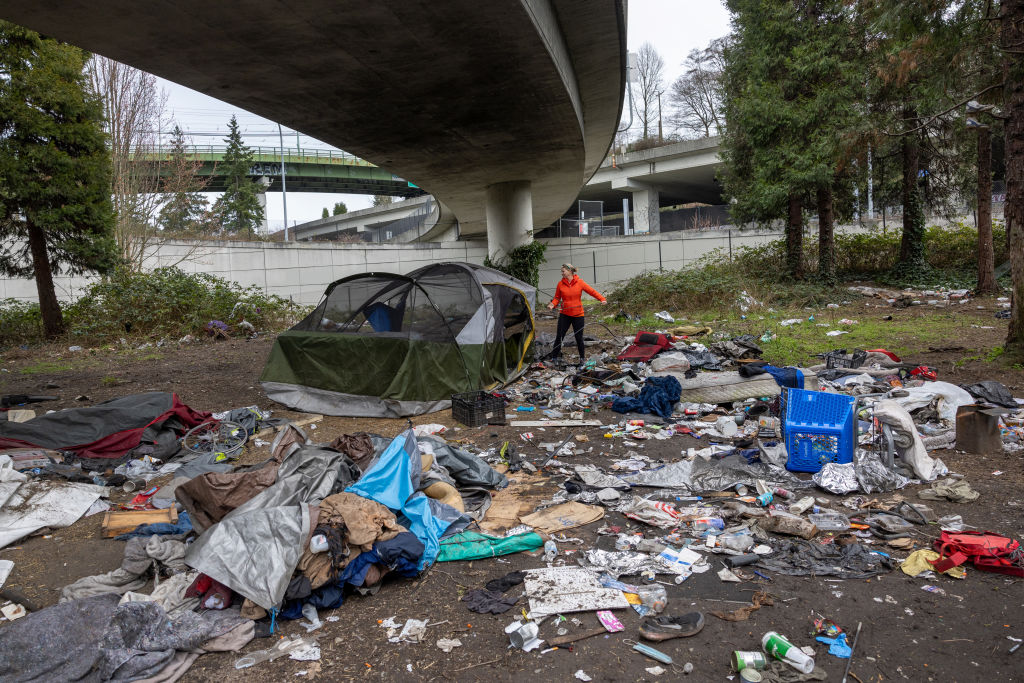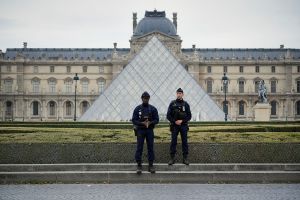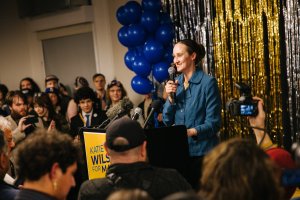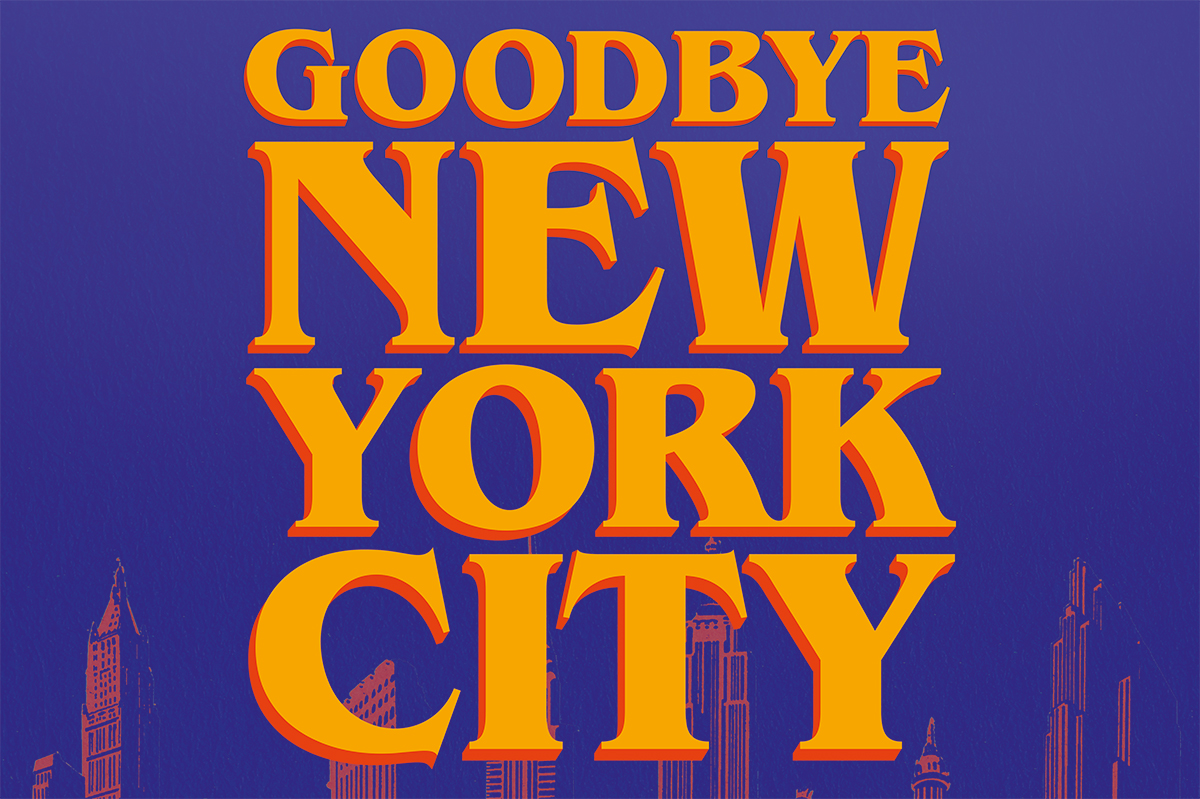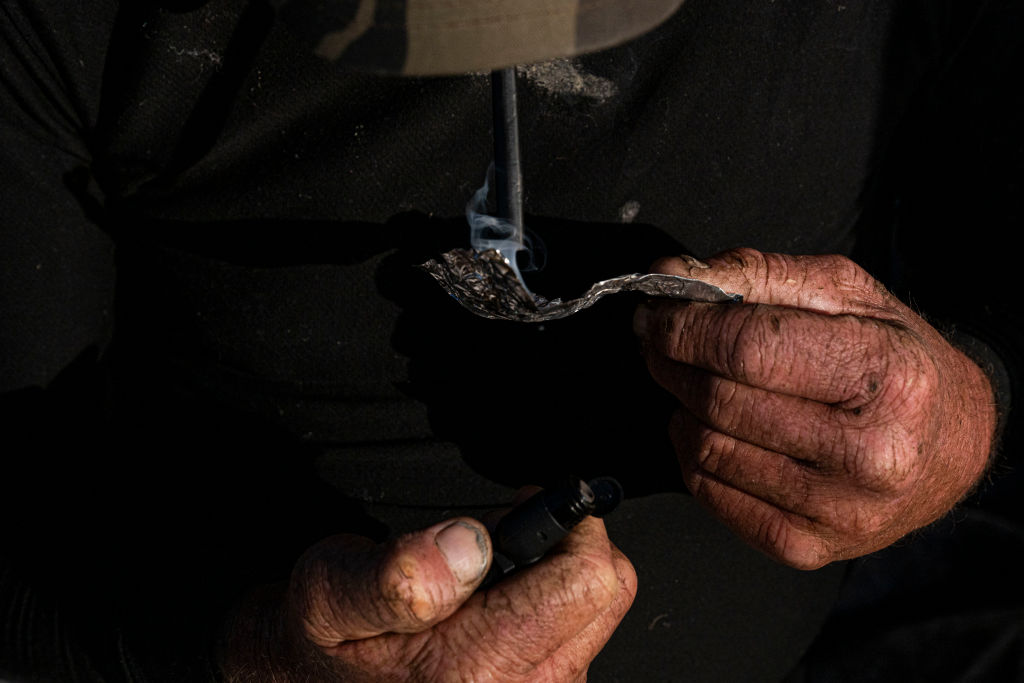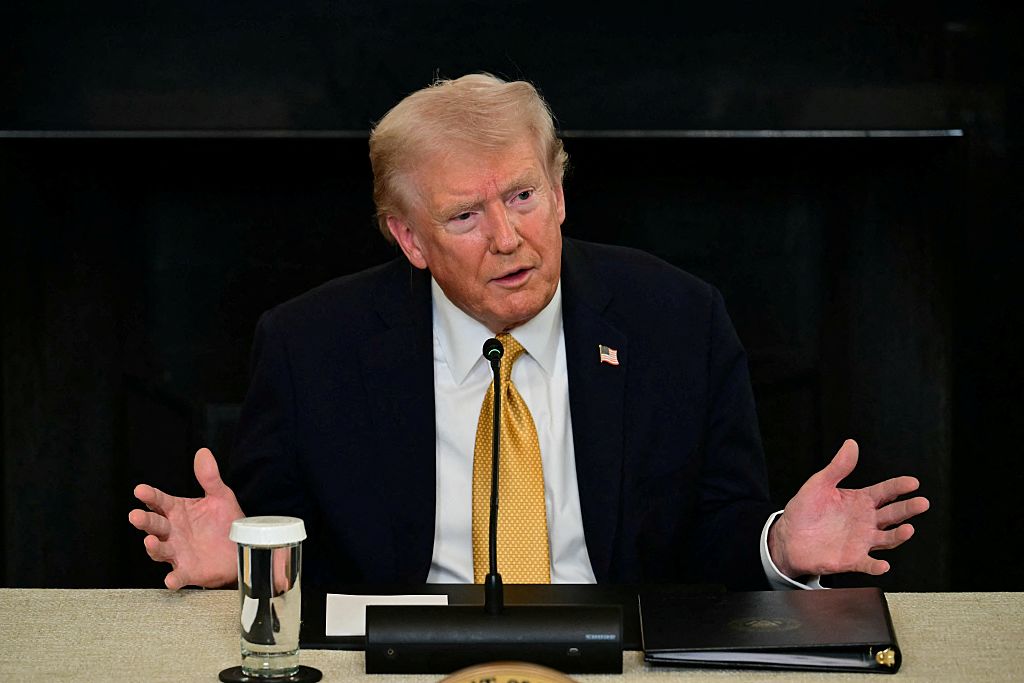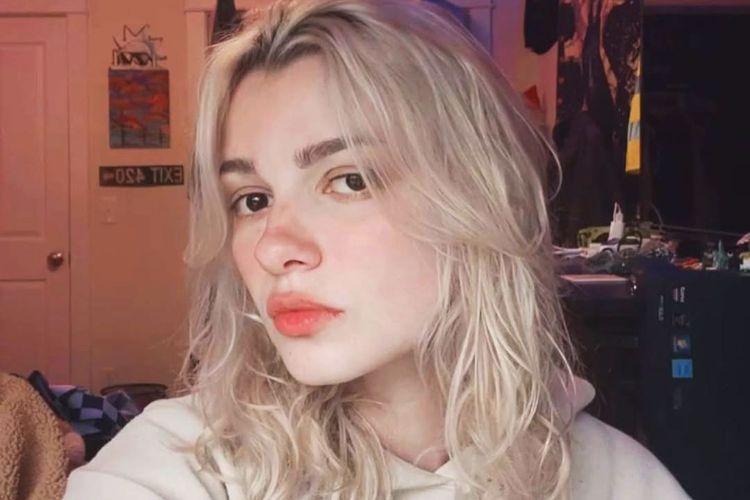It’s a better thing to travel hopefully than to arrive, Robert Louis Stevenson wrote back in 1881. I find myself inwardly repeating that line almost every time I venture out to a public event. Whether it’s someone’s phone repeatedly inserting the klaxon-like intro to the Black Eyed Peas’ “I Gotta Feeling” into the hushed denouement of a play, or the musical hooliganism of the idiot who chats his way through Paul McCartney singing “Eleanor Rigby” (it’s the Beatles classic we came to hear, mate, not a monologue about your dog’s bowel issues), it seems that narcissistic self-absorption is the rule on these occasions, and an even tenuous grasp of other people’s existence the exception.
I take my leave of Stevenson only when it comes to attending a Major League Baseball game here in Seattle, where the sport itself, variable as it is, far transcends the ordeal of making one’s way into the downtown stadium.
First up, it’s the drugs. Ten years after Washington State voted to legalize the sale of cannabis, the scorecard would seem to read: a jackpot gift for the state coffers — check; further license for the Cheech and Chong crowd to do pretty much as they like when circulating among us — check; an increased probability of being killed by some whacked-out driver for the rest of the non-toking public — also check. This is what the “marijuana debate” has come to in my part of the world. We’ve become a land all but free of those who might dare to challenge the stoner consensus. Our news outlets seem as disgusted by the idea of “anti-pot” subscribers as they are of “pro-life” ones, doing all they can to shake them off. They run endless stories and editorials about such people being “traditionalists” or — as if there could be anything worse — “wanting to turn back the clock.” For me, late middle age in the Emerald City increasingly consists of the odd feeling of being the only sober person in a room full of drunks.
But back to the baseball. To approach T-Mobile Park, home of the Seattle Mariners, from the south, you navigate a minefield of potholed, single-track road, hemmed in by weeds and brambles and offering asylum to huge, cherry-eyed rats. The only landmark before the stadium itself is a soaring fifty-foot high illuminated sign bearing the legend “DOCKSIDE CANNABIS! MARIJUANA FOR EVERYONE 21+ RIGHT HERE!” below which children pass by, wheezing and choking, on their way to the ballpark. This is how we experience America’s summer game in my town.
Then there’s the other, not unrelated scourge of Seattle life, homelessness. Baseball, drugs and vagrancy, surely three of the great modern totems, all operate in close alliance here in what used to be called America’s Most Livable City, where many of the more pristine suburbs now end in an abrupt encounter with downtown misery and squalor. If you walk along Fourth Avenue as you approach the ballpark, as I often do, it’s as if you leave a Norman Rockwell painting and enter one by Hieronymus Bosch. There’s an authentic touch of Samuel Beckett crossed with something out of Mad Max about the final leg of the journey as you pass by bedraggled-looking campers hunched together around braziers, with the rusted-over hulk of the Amtrak goods yard and the skeleton frame of the stadium roof in the background. It’s a dreadful prospect on a number of levels. I do no more than quote the statistics agreed upon by the city council that roughly 80 percent of Seattle’s homeless population suffers from drug and/or alcohol addiction, and 30 percent from serious mental illness, and that as a community they endure a daily routine punctuated by theft, assault, arson, needles, rape and murder.
This week, as they do at the same time every spring, the city was out cleaning streets around the ballpark lined with derelict RVs and palette homes, as well as removing both 65,000 pounds of accumulated trash and the body of one unfortunate fifty-four-year-old man found expired in his tent adjacent to the left-field gate. Like Opening Day itself, it’s a ritual moment on the calendar, full of hope and promise that’s rarely sustained for long. As a local businessman named Nicholas Lopriore told Seattle’s KOMO News: “The city was out here sweeping it all up, and they did it fast. But they did it last year, and they let it get right back to how it was.”
It’s a game with its own rules and protocol as finely tuned as those of baseball.
“Everyone knows what’s happening,” Lopriore added. “They’re playing whack-a-mole, and when they move the homeless from one block they go straight to another one.”
The area around T-Mobile Park “isn’t a pretty sight,” in the measured words of Seattle Mariners’s attorney Bart Waldman, who once remarked that the team was escorting some of its staff to and from the stadium for safety reasons. Apparently even that initiative fell short, because the latest statistics reveal that in 2022 violent crimes and theft around that part of town were the highest in fifteen years.
Someone recently asked Seattle’s police chief Adrian Diaz at a press conference if he was confident the figures were really that bad. “Not entirely, no,” Diaz conceded. “They could be worse, because not everyone is reporting crime… They feel like officers are going to take too long to get there.”
It’s an obviously wretched existence for the hundreds of souls hunched together in the giant shadow of the ballpark. But what to do about it? On one side of the debate, there’s a small but stubborn minority who insist that as a society we’re suffering not so much from a compassion crisis as a crisis of our core value system. As Richard McAdams of Seattle’s Union Gospel Mission, himself a former transient, remarks, “Homelessness isn’t a resource issue here, or anywhere else. It’s a personal issue. The biggest problem is broken relationships.”
The other side of the local homeless debate might best be expressed by forty-nine-year-old, Indian-born Kshama Sawant of the Seattle city council, who believes that her adopted city is a playground for the rich who need to be punitively taxed as a result. Among other initiatives, Sawant has joined with her fellow activists in physically obstructing homeless camp sweeps that are considered to target minorities; called for the nationalization of local companies such as Amazon and Microsoft; and led a group of 300 chanting protesters into the chamber of City Hall, where several of them took the opportunity to return framed paintings and laptops back to public ownership.
There’s a lot for the average fan to contemplate as he or she threads their way through the debris to the Seattle ballpark: whether it’s the inequities of a relatively small, end-of-the-line town that can play host to the likes of Bill Gates and Jeff Bezos at one end, and to an estimated 20,000 men, women and children living without a fixed roof over their heads at the other; or possibly just the comforting annual sense of renewal and rebirth, the first overpriced hotdog of the spring, and the conviction that this, finally, might be the year the Mariners go all the way.



